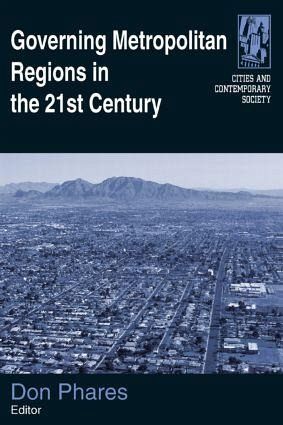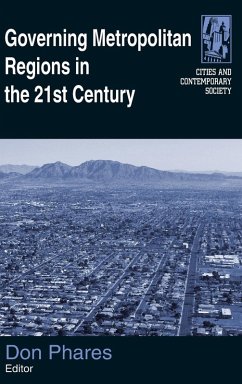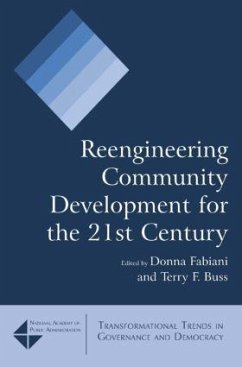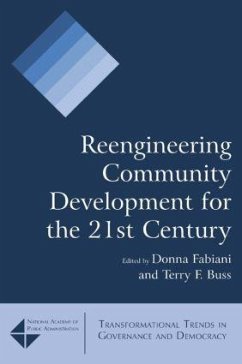
Governing Metropolitan Regions in the 21st Century
Versandkostenfrei!
Versandfertig in 1-2 Wochen
42,99 €
inkl. MwSt.
Weitere Ausgaben:

PAYBACK Punkte
21 °P sammeln!
While government provides the structure of public leadership, governance is the art of public leadership. This timely book examines current trends in metropolitan governance issues. It analyzes specific cases from thirteen major metropolitan regions in the United States, Canada, and Mexico, all woven together by an overall framework established in the first three chapters. The distinguished contributors address such governance issues as city-county consolidation, local-federal coordination, annexation and special districting, and private contracting, with special attention to lessons learned f...
While government provides the structure of public leadership, governance is the art of public leadership. This timely book examines current trends in metropolitan governance issues. It analyzes specific cases from thirteen major metropolitan regions in the United States, Canada, and Mexico, all woven together by an overall framework established in the first three chapters. The distinguished contributors address such governance issues as city-county consolidation, local-federal coordination, annexation and special districting, and private contracting, with special attention to lessons learned from both successes and failures. As urban governance innovations have clearly outpaced urban government structures in recent years, the topics covered here are especially relevant.














